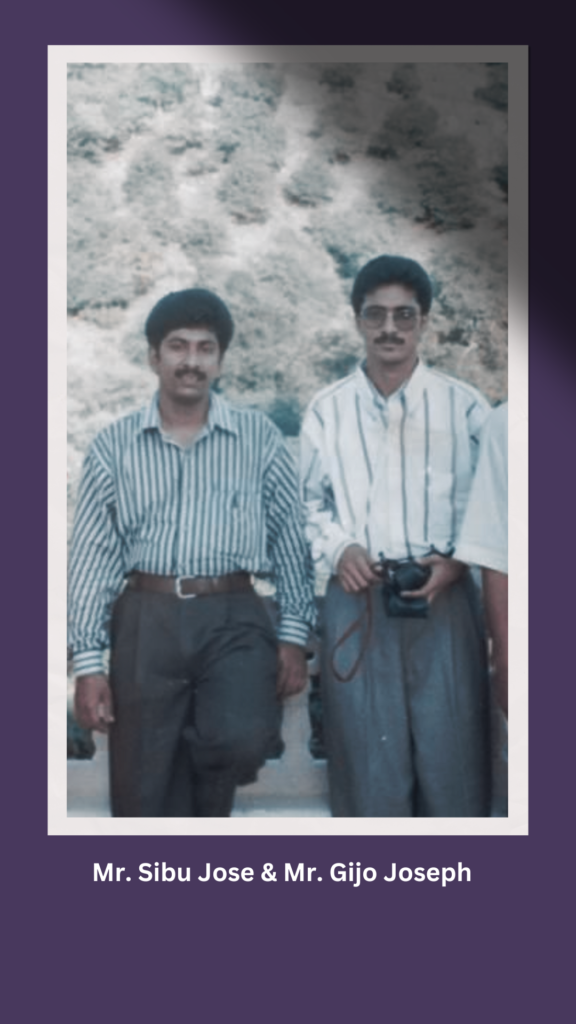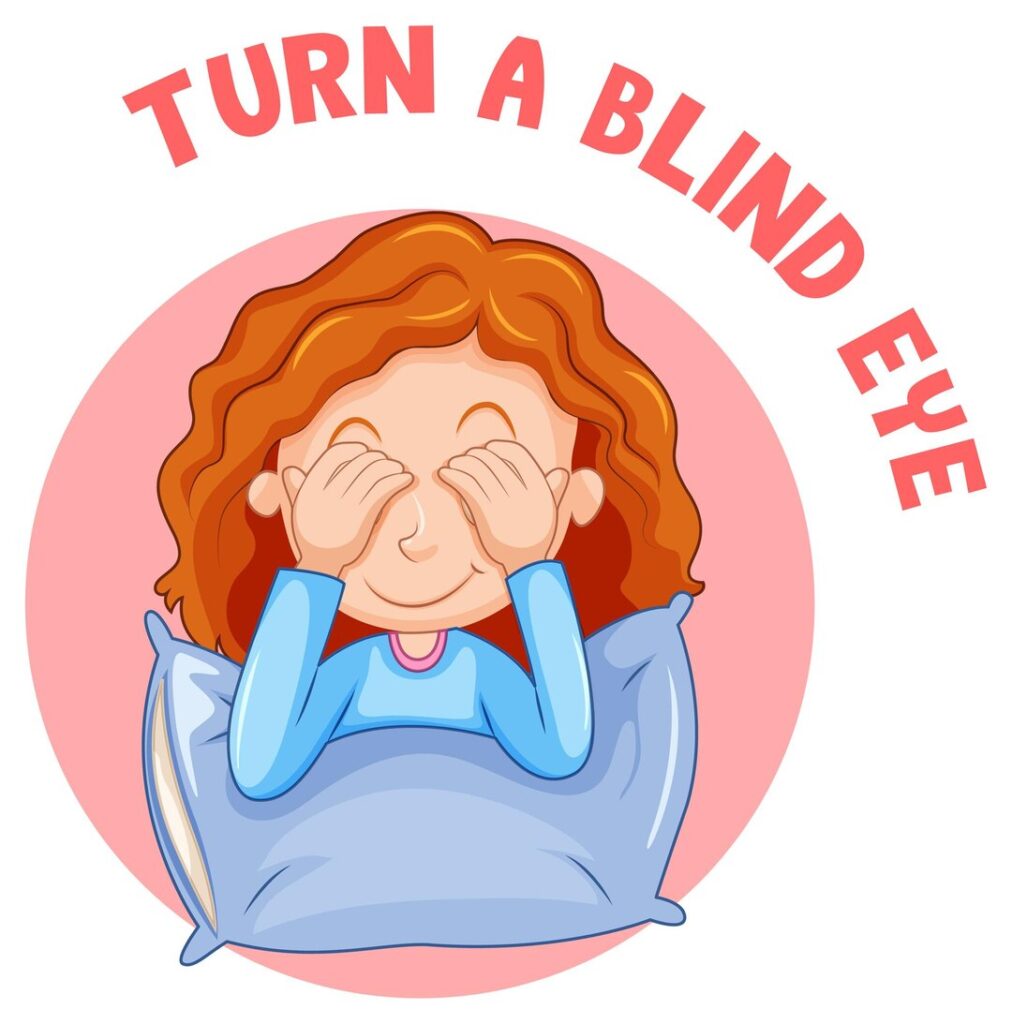“A podcast is a great way to develop relationships with hard-to-reach people”
TIM PAIGE

“A podcast is a great way to develop relationships with hard-to-reach people”
TIM PAIGE
Why are podcasts so fulfilling to listen?
There is something unique and mysterious about listening to a podcast without putting a face to it. On top of that, since you are not distracted by any visuals, your entire focus shifts to the auditory experience. It helps you pay closer attention to the voice and the content. These days, when we’re all glued to our screens, podcasts are a real eye-saver.
Introduction to Espresso English
My journey into the world of podcasts began as a listener on Google Podcasts. The first one that grabbed my attention was Shayna Oliveira’s Espresso English. It features short episodes covering a wide range of topics on English grammar and vocabulary.

Each episode opens with its signature music, and then comes Shayna’s voice, “Hi and welcome to the Espresso English Podcast, where you can improve your English in just a few minutes a day. My name is Shayna and I am the teacher at Espresso English.”
Her introduction feels like music itself. It’s so soothing that as I write this blog it echoes softly in my ears.
Our family podcast routine
I play this podcast almost every morning during our car ride to school with my daughters. No matter how stressed I am before work, it calms me down and gets me ready for the day. At the end of the day, it is my most preferred bedtime companion.
Espresso English: A Journey Down Memory Lane
Listening to this podcast brings back memories of my time at Saint Francis School, where some of my favourite teachers were from South India, especially Kerala. These teachers were the real masters of their subjects, just like Shayna is with her podcast content.
Mr. Sibu Jose
Mr. Sibu, my Math teacher, is someone I’ll always recall fondly. Even though he was strict, he made complicated concepts so easy that Maths became my favourite subject. He made me fall in love with Algebra. Now, when I help my daughters with this subject, his teaching tricks replay in my head.
Miss Priya
Miss Priya, our Maths teacher in junior classes, always had a senior place in my heart. Her teaching was exceptional; and she looked cute and adorable in her sarees. When she went off to Kerala, it left a big void in my life.
Mr. Gijo Joseph
Then there was my English teacher, Mr. Gijo. Although he was an expert in English, he always kept to himself and wasn’t very social. I vividly remember him being the chief guest at one of our class meetings where I was supposed to give the vote of thanks. I got so nervous that I messed up my words and forgot nearly the entire speech. It was so embarrassing. But his encouragement gave me a firm standing.
After Sir Gijo left school, I kept in touch by writing letters and was pleasantly surprised when he wrote back.

Sir Mariadas Manuel
Sir Mariadas, my Grade 10 class teacher, is another unforgettable figure. He used to teach with such authority and clarity that all the students were captivated during his classes. He knew when to be strict and when to be there for you, keeping things professional but approachable.
Memories of my school audition
Sir Mariadas was also the head of the School Literary Society and auditioned me for the position of Stage Secretary. It was a role that meant everything to me at that time. The memory of that audition has stayed with me, etched in my mind like it was yesterday.
I can still recall the intensity of that experience- the tension of facing him, the fear of failure, and above all the fear of losing my dream role. I couldn’t believe it when he finally selected me; my legs were shaking the whole time.
Looking back, that audition wasn’t just a test of skill-it was a lesson in facing fears and pushing through.
I got a once-in-a-lifetime opportunity to work under such a great personality. Turns out, Sir Mariadas was quite warm and friendly. Working closely with him for a year, I discovered that beneath his stern exterior, he had a kind heart.
Shayna Oliveira’s distinctive podcast style
Coming back to the Espresso English Podcast, Shayna Oliveira is just like the school teachers I mentioned above. These teachers delivered their lectures so efficiently that interaction wasn’t always necessary. You just had to listen and absorb. Similary, Shayna’s podcast stands out for its clarity and content. While some might find the podcast less interactive, I like how she keeps things straightforward and on point.
Such flawless podcasts give so much satisfaction that you just love listening to them, even without direct interaction.
Books & Courses by Shayna Oliveira
Shayna has also authored several books, such as “500+ Real English Phrases” and “1000 English Collocations”, which are available on Amazon and highly recommended. She also offers courses covering grammar, vocabulary, and conversational skills with a practical and engaging approach. Although I haven’t tried her courses, I’m sure they’re as excellent as her podcast.

Just like Aladdin, Shayna Oliveira introduced me to A WHOLE NEW WORLD of podcasting. As I sign off, I can’t help but sing,
“A whole new world
A dazzling place I never knew
But when I’m way up here
It’s crystal clear
That now I’m in a whole new world with you”
Harleen Kaur



